Liverpool, the Champions League final and the emptiness and madness of the biggest stage
This game was a battle between sanity and insanity but, for Liverpool, all that remains is emptiness
Three hours before Real Madrid won their 13th Champions League in a final for the ages, the Olympic Stadium was all quiet. Too quiet. Lonely Ukrainian policemen with distant stares and skinny assault rifles paced the deserted concourses. Evening sun crept into the clear gangways. The heat sat on your shoulders like a shawl.
There’s a strange, elusive magic to football stadiums in the hours before a big game. You can’t touch or taste or smell or hear the eruption, but somehow you can sense it. You couldn’t yet picture Mo Salah crying with anguish on the turf, Gareth Bale flying through the night sky like a comet, Lorus Karius grasping at the ball like a man trying to catch snow. But you could feel its heft in the void that preceded it. There’s a potential there, an implication, a tautness and an emptiness. The bigger the game, the bigger the emptiness.
There was nothing empty about the 22.45 flight to Kiev on Friday night. The little twin-engine plane was bouncing and heaving, and it hadn’t even taken off yet. Weary holidaymakers looked on in horror and began composing angry letters of complaint in their heads. Forlorn stewards gamely tried to complete their safety demonstrations over a cacophony of exultant Scousers.
“In the event of a drop in cabin pressure…”
“WE’VE CONQUERED ALL OF EUROPE.”
“...please fit your own mask before…”
“WE’RE NEVER GONNA STOP.”
“...tie the toggles around your waist…”
“FROM PARIS DOWN TO TURKEY.”
“...the nearest exit may be behind you…”
“WE’VE WON THE F---ING LOT.”
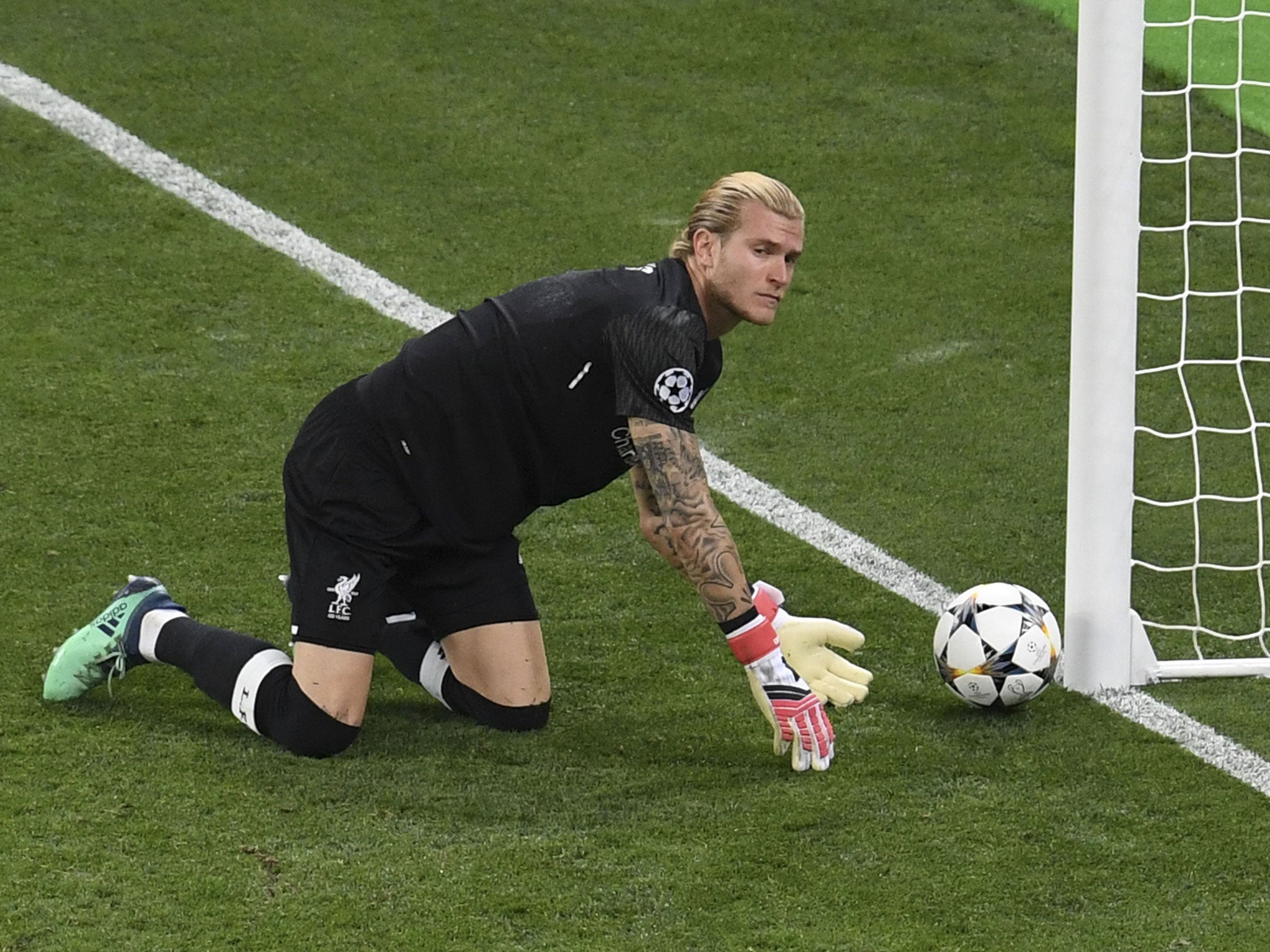
Put it this way: if you wanted to attract attention on this particular flight, you would have needed a lot more than a light and a whistle.
They had flown all the way across Europe, from its very western edge to its very eastern frontier, for a single game of football that many of them didn’t even have tickets for. The guy in the next seat along had come all the way from New Zealand. The guy next to him had come from Marseille. He sang “Allez Allez Allez” with a perfect French accent and “You’ll Never Walk Alone” with a perfect Scouse one.
They had come from all over the world, with vague promises of a dingy hostel bed, or a friend’s floor, or nothing at all. Because it was the last step of the journey, and they wanted to take it together. They filled Kiev with their flags and their faith. And as dawn broke, many of them were still tramping the sticky floors of an all-night bar on Independence Square: shirts off, songs on, sleep later.
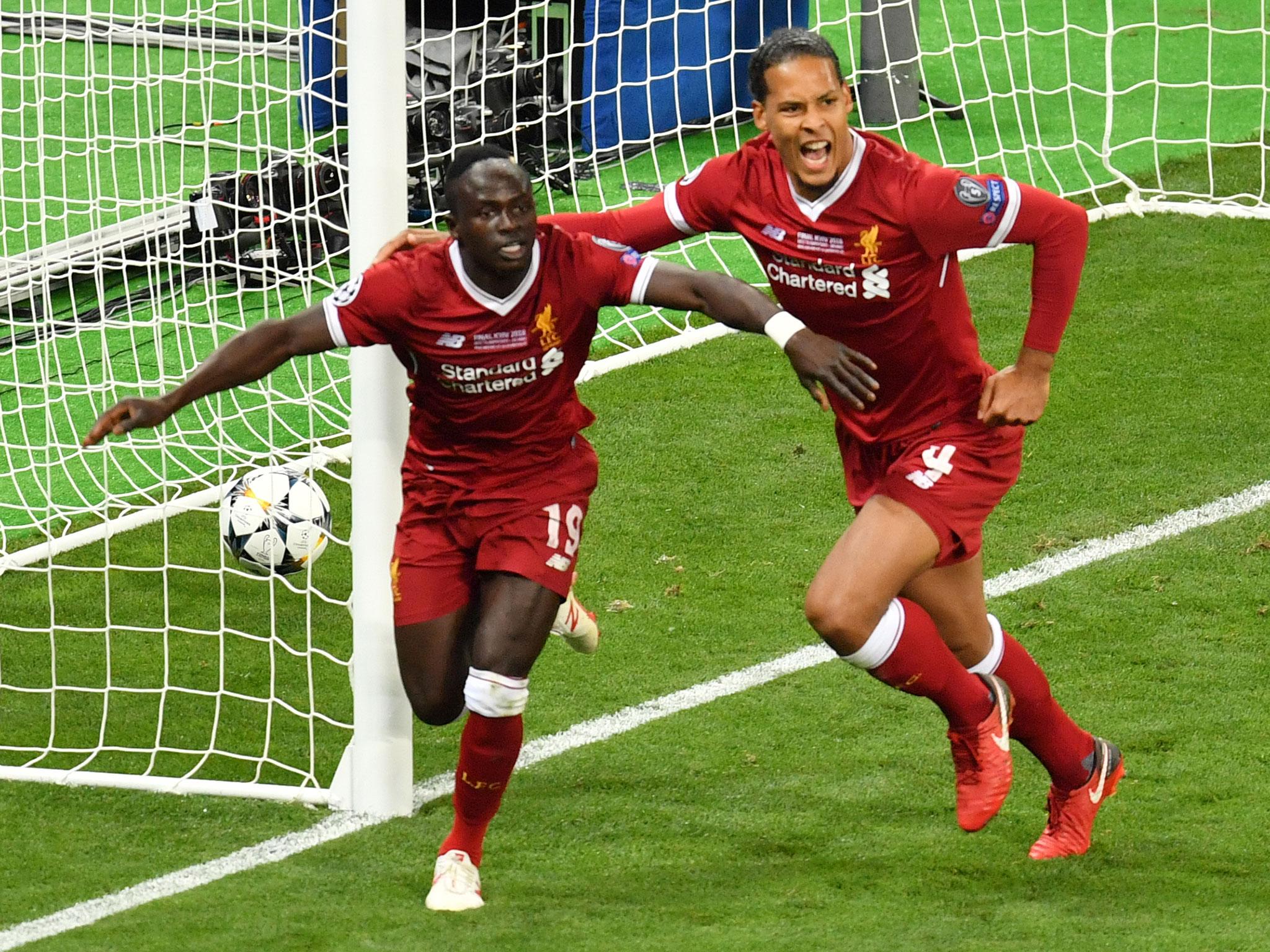
There are lots of good arguments against hosting Champions League finals in medium-sized cities like Kiev: revenue, infrastructure, hotel availability, that sort of thing. One argument in favour is that there is something vaguely enchanting about the spectacle of seeing an entire city submerged in football for the weekend. There was virtually nowhere in central Kiev where you would have been unaware that a Champions League final was taking place. Not even the Chernobyl Disaster museum, where a single Real Madrid fan in a Casemiro jersey stood reverently before a scale model of a rescue worker in a hazmat suit.
Then, the football. On one level, it almost feels like the football bit belongs in a separate article, because the irony of football is that for most of the time, what happens on the pitch and what happens off it may as well exist in separate universes. No football trophy was ever won by singing. No goal was ever awarded on the basis of how many people wanted it to be scored. Indeed, in many senses the fan and the player are at cross-purposes: one craving total focus, the other total abandon.
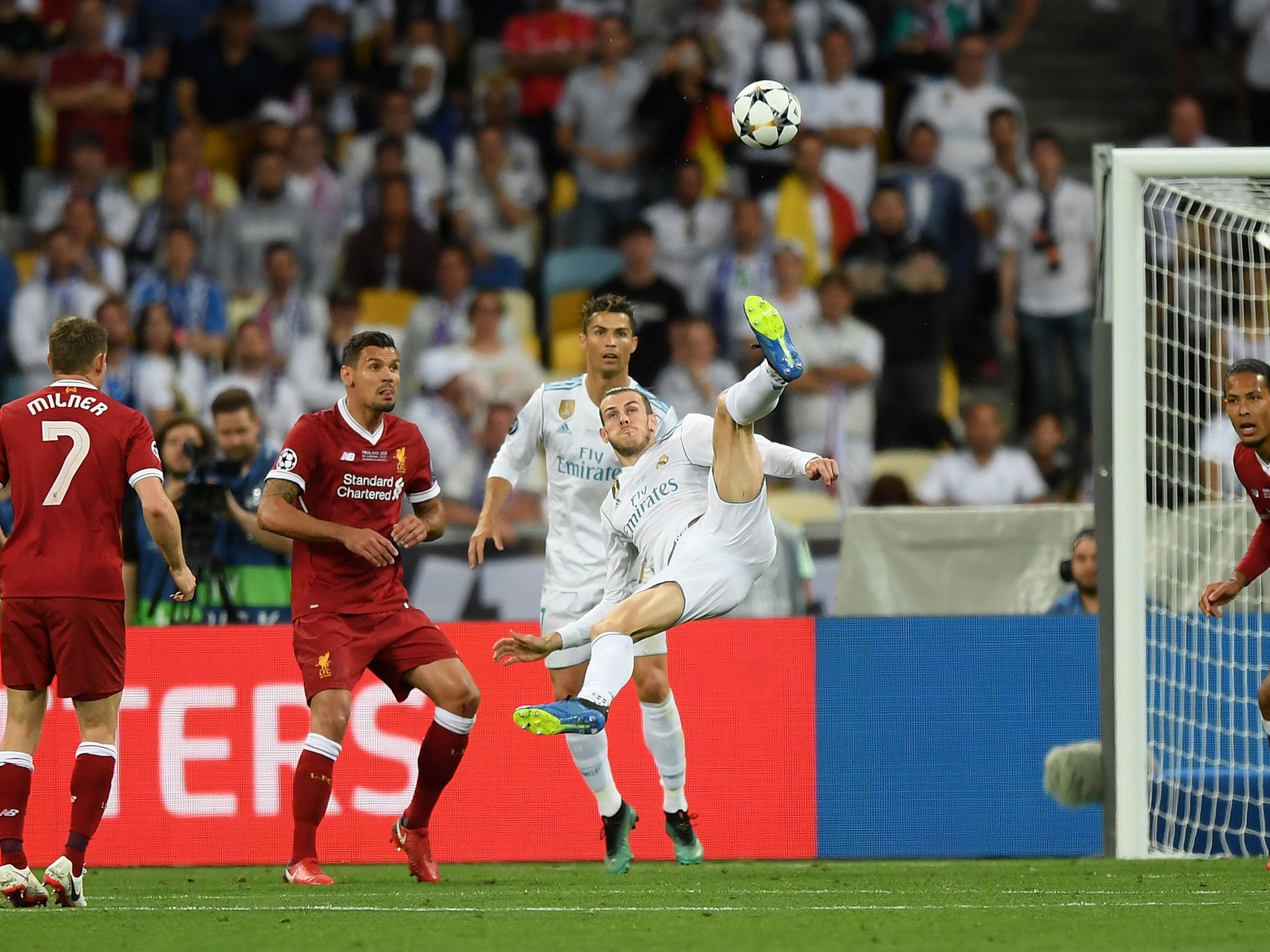
So: do you block the madness out, or let it in? Real Madrid are very much from the blocking school. At a club like Madrid, it’s the only way. The world outside their imperial hall of mirrors holds very little interest for them. You could tell as much from their lordly pre-match statements, the glazed and distant expressions on their faces as they entered the stadium: headphones on, shutters down. This was about them, and them alone.
Liverpool - and in particular, Jurgen Klopp’s Liverpool, are in many ways the opposite. They want to move and they want to be moved. They want to connect, they want to stun, they want you to laugh at the ridiculousness of it all. It’s how they can get gubbed 4-1 at Wembley and 5-0 at the Etihad, and then play the sort of football that makes you want to grab people and force them to watch. It’s why they don’t play with a No 10. The job of the No 10 is to bring sanity. But why stay sane when you can go mental?
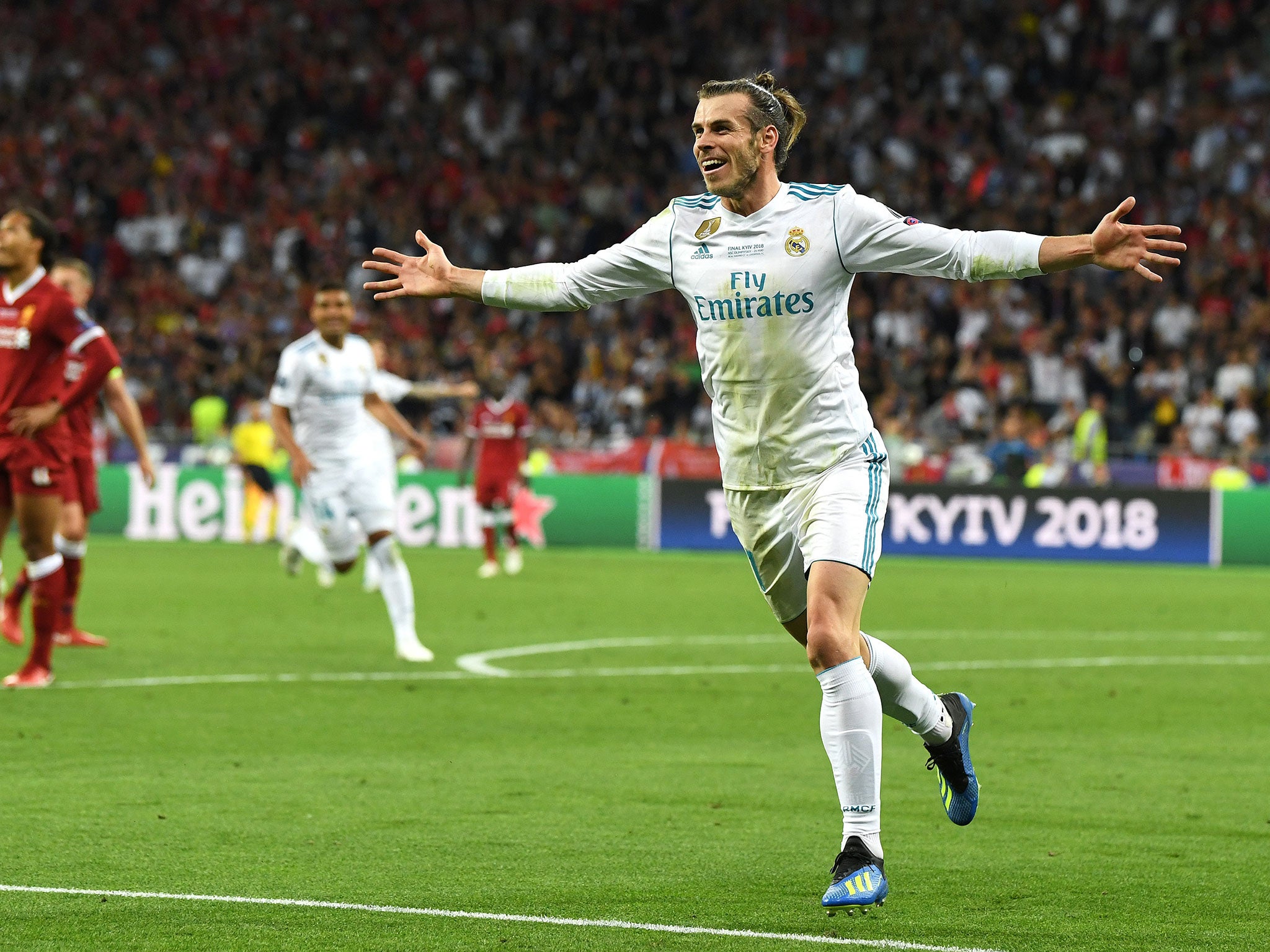
And a good way of thinking about this game is as a battle between sanity and insanity. Real Madrid began sanely, trying to control the game, drawing the sting, playing the ball and not the occasion. Liverpool, by contrast, threw open the curtains and let the madness in. There was a moment early in the game - before all the madness that came later - when Trent Alexander-Arnold had a shot saved, and the reaction of the Liverpool fans was not the usual deflation, but the very opposite: a whoop of approval, that refracted into resounding applause, that swelled into a feral roar of hunger and lust.
How decisive was Salah’s injury? Real Madrid would still have won, I think: they still would have had Bale, and Liverpool would still have had Karius. But the very sight of seeing their talisman trudge from the pitch in tears put the brakes on Liverpool at just the moment when they needed to hit the throttle. Adam Lallana, perhaps Liverpool’s sanest player, replaced him, and they were never quite as crazily effervescent thereafter. On the touchline, Klopp tried not to look like a man whose heart was quietly breaking.
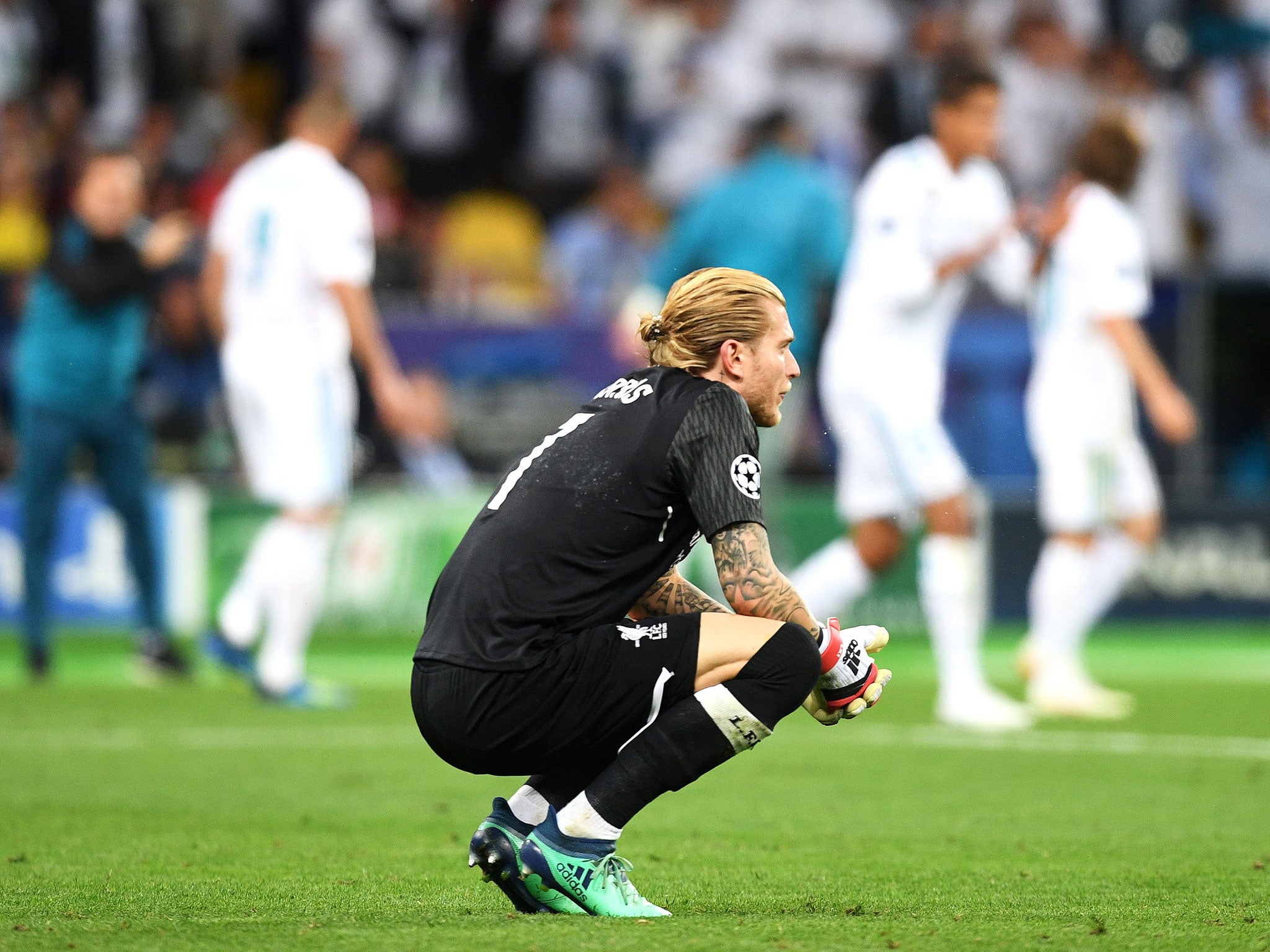
The first mistake by Karius, on the other hand, might have been the best thing to happen to Liverpool. It shook them out of their sagging stupor, and for a short while the game was overcome by a terrific insanity: the sort of weirdness that on a good night can drive even a great side like Real Madrid out of its family-sized comfort zone. You could almost see Liverpool re-engaging, one by one. The madness had driven them to this predicament, and only madness could get them out of it.
And so as Liverpool won a corner on the right, you could see James Milner firing up the crowd as he went to take it. They hadn’t stopped roaring when Sadio Mane prodded home Dejan Lovren’s header. Liverpool had let the madness in again, and suddenly all the old truisms - Real don’t give away 1-0 leads in finals, Sergio Ramos doesn’t get beaten in the air and end up prone on the turf rubbing the side of his head, clubs the size of Liverpool don’t win Champions Leagues, and certainly not when their best player has his arm in a sling - were again open to negotiation.
But then came the greatest irony of all: a club that had got here by believing in the impossible were undone by the very same phenomenon. Perhaps nobody but Bale believed, as he shuffled into position and took flight, that the ball was going to end up anywhere but in the stands. A few lifetimes later, it was nestling in the back of the net, and a world was collectively lifting its jaw from the floor. Finally, Real had embraced their own inner madness, and it had won them an unprecedented third Champions League in a row.
Karius’s second error was the unhappy coda the game scarcely needed. It’s tempting to say it summed up Liverpool’s night, but they deserved to go down in flames, not like this. And as the final whistle blew and Madrid’s substitutes flooded the pitch, and the pyrotechnics went off, and Liverpool’s shattered bodies finally peeled themselves off the turf, it was to Karius that the eye was instinctively drawn: a man at the very centre of everything, and yet entirely peripheral, a man who has just played the biggest game of his life, and yet who was feeling nothing at all.
The bigger the game, the bigger the emptiness.
Join our commenting forum
Join thought-provoking conversations, follow other Independent readers and see their replies
Comments
Bookmark popover
Removed from bookmarks